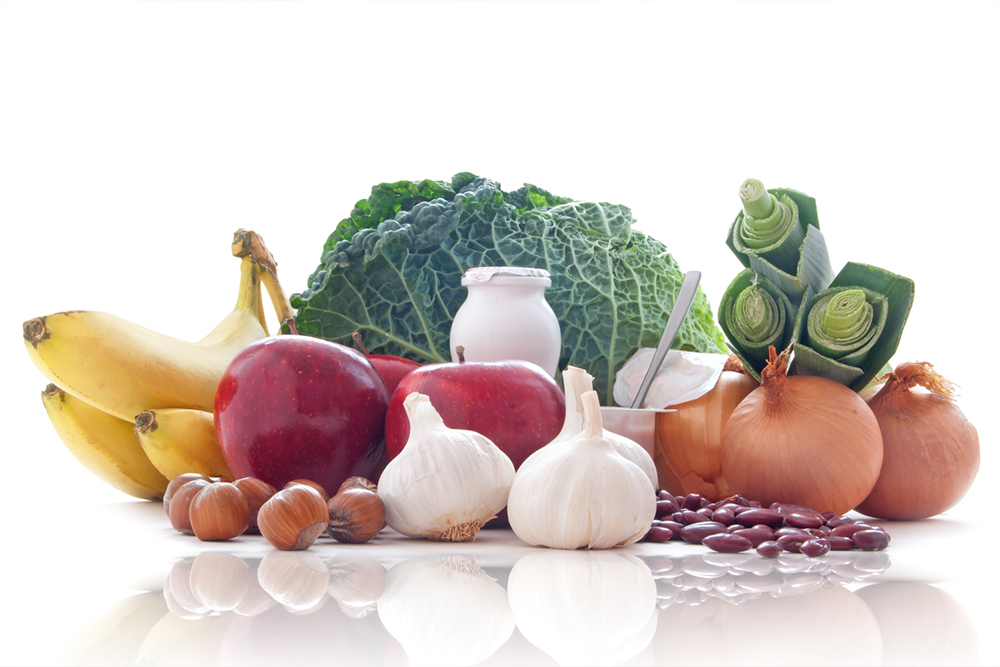6 Probiotic Foods That Benefit Seniors
Probiotics are tiny living microorganisms, such as bacteria and yeasts, that help maintain the gut and overall health. These probiotics can be easily obtained from certain foods. When probiotics are combined with synbiotics, which include pre and post-biotics, they can offer significant advantages to an individual’s overall health. For seniors experiencing digestive problems or poor gut health, incorporating probiotic-rich foods (after expert consultation) into their daily meals can be particularly helpful.
Importance of probiotics
Including probiotics in daily meals can enable older adults to maintain a healthy balance of the good and bad microbiota in their gut. While further research is required to completely understand the mechanisms, certain probiotic strains have been shown to have positive benefits for heart and brain health.

For women over 50, probiotics can play a major role in reducing inflammation in the vaginal area caused by bacterial overgrowth. Additionally, they may aid in decreasing the frequency and duration of diarrhea and provide relief for allergies and food intolerances in certain patients.
Probiotics can be found in some common foods and incorporated into daily meals and snacks to improve nutritional value. That said, it is important to seek advice from a healthcare professional before starting a probiotic regimen to determine the most suitable probiotics for individual health needs.
1. Yogurt
This common food is a versatile and beneficial source of beneficial probiotics. It is packed with various active and live probiotic strains that can aid in improving digestion, alleviating constipation and diarrhea, and even building better immunity for some individuals. This nutritious food can be enjoyed in multiple ways—as a standalone snack, mixed into smoothie bowls, blended into shakes, added to salads and dressings, used as a marinade, or even savored as flavored varieties. If one is not in the mood to prepare, they can enjoy the creamy deliciousness right from the container for a healthy and tasty pick-me-up. The live microorganisms in yogurt offer various health benefits, including improving one’s immune system. Besides, it also promotes bone health through its calcium content.
2. Kefir
This is a tangy, fermented beverage that is traditionally made using kefir grains. These unique yeast-like grains are combined with cow or goat milk, along with the culture of lactic acid bacteria, to trigger the fermentation process. After allowing the milk and bacteria mixture to ferment for a day or more, the liquid is then separated from the kefir grains through a filtering process. The resulting creamy kefir contains a rich concentration of beneficial probiotics, making it a superior source of gut-friendly bacteria compared to yogurt. Due to its probiotic and hydrating properties, kefir is often recommended as a valuable addition to a meal plan, especially for seniors who may benefit from increased probiotic fluid intake.
3. Sourdough
Many people rely on bread as a staple food, but processed white bread may pose certain digestive concerns for seniors. Luckily, sourdough bread offers a solution. Created from a starter culture abundant in yeast and good bacteria, sourdough bread serves as an exceptional source of lactic acid bacteria. As a result, it stands as a healthy alternative to white bread, providing a wealth of both pre and probiotics. Seniors who switch to probiotic-rich sourdough bread can enjoy multiple benefits, including improved blood sugar management, maintained cholesterol levels, and reduced risk of cardiac diseases while enjoying its enhanced taste.
4. Kimchi
This food item contains strains of lactic acid bacteria—a powerful probiotic. It is made by fermenting a combination of napa cabbage, scallions, carrots, and radish. This tangy and spicy dish not only adds flavor to any meal but also provides a significant dose of health-boosting properties. Typically enjoyed with steamed rice, kimchi offers multiple health benefits, which include anti-aging properties, improved immunity, enhanced skin quality, reduced cholesterol levels, and better colorectal health.
5. Sauerkraut
This is a traditional side dish made from fermented cabbage. To make this, shredded cabbage is fermented with the help of lactobacillus cultures, which are naturally present on the cabbage leaves. During the fermentation process, the cabbage is soaked in a mixture of salt and brined, allowing beneficial bacteria to thrive and producing probiotics. It is important to note that many sauerkraut products available in supermarkets are either pasteurized or contain vinegar and sugar. For those looking for the authentic, probiotic-rich version, it may be best to prepare sauerkraut at home.
6. Miso
Miso, a traditional condiment, is a versatile paste crafted from fermented soybeans. This condiment is added to a variety of dishes, including salads, pastes, soups, spreads, and stocks. Miso soups, for instance, feature a savory broth infused with the flavor of miso paste. Due to its probiotic content, miso paste may possess a slightly spicy taste, so it is important for seniors to exercise caution when incorporating it into their meals. Whether enjoyed alongside other dishes or as a satisfying standalone dinner item, miso soups offer a light and nourishing dining option.

